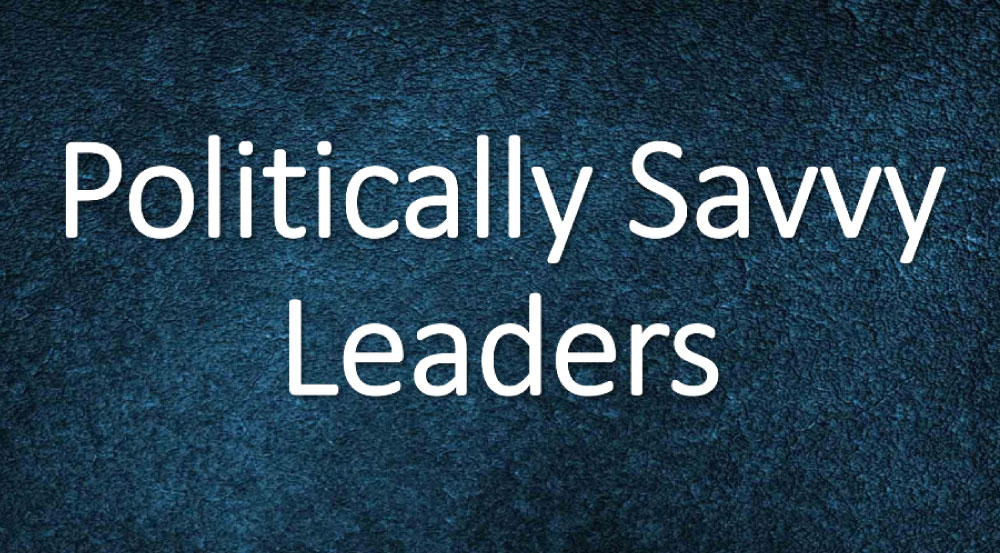
There is a strong quote from the early 20th Century that illustrates how economics and politics are inseparable. It goes something like this: “The worst illiterate is the political illiterate. He (the political illiterate) doesn’t hear, speak, or participate in political events. He doesn’t know that the cost of life, the price of food, rent, shoes, and medicine all depends on political decisions. The political illiterate is so stupid that he brags about how much he hates politics. He doesn’t know that from his political ignorance is born the prostitute, the abandoned child, and the worst thief of all, the bad (corrupt) politician…”
While I believe people and organizations that are locked into partisan politics do themselves and their members a disservice – avoiding politics altogether is worse. Being non-partisan means that you don’t have an automatic bias or affiliation with one political party over another, which is good, but it is not the same as being apolitical, which means that you don’t participate in political discourse at all. You can be non-partisan and still voice your political preferences. At NAHREP, we value members who are politically active. We need strong representation at the highest levels of both parties. We need influence regardless of who is in power, and you don’t get that by being apolitical. The Jewish community is a great case study. They may disagree amongst each other on many things politically, but when it comes to the things that really matter, such as prosperity, education, and civil rights, they tend to be pretty well-aligned with one another. We need to borrow a chapter from that book.
What if Donald Trump’s greatest strength is something the rest of us refuse to acknowledge? In this thought-provoking episode, Gary Acosta explores what liberals, global leaders, and entrepreneurs might learn from Trump’s approach to leadership. From mastering direct communication to shaping loyalty through perceived authenticity, Gary dives into the mechanics of modern influence—even when the messenger is flawed. Whether you agree or disagree with Trump, the lessons here reveal surprising truths about power, persuasion, and strategy in today’s world.
What do people really mean when they say, “DEI is destroying our country”? In this powerful episode, Gary Acosta takes on the backlash against Diversity, Equity, and Inclusion—and asks whether it’s become a coded way to express racism. He breaks down myths about lowered standards, exposes the hypocrisy behind legacy admissions, and challenges the silence around nepotism and privilege. DEI may be a polarizing term today, but Gary argues that its core values remain essential to capitalism, innovation, and fairness in America’s future.
The Latino brand impacts every aspect of our lives—from how we're viewed in business and media to the opportunities we’re given. In this first episode, Gary Acosta explores why a unified, empowered narrative is essential for Latino prosperity. Learn what Gary shared at the United Nations, how he raised $100M for Latino-led ventures, and why changing the perception of our community is the key to unlocking capital, influence, and success.
